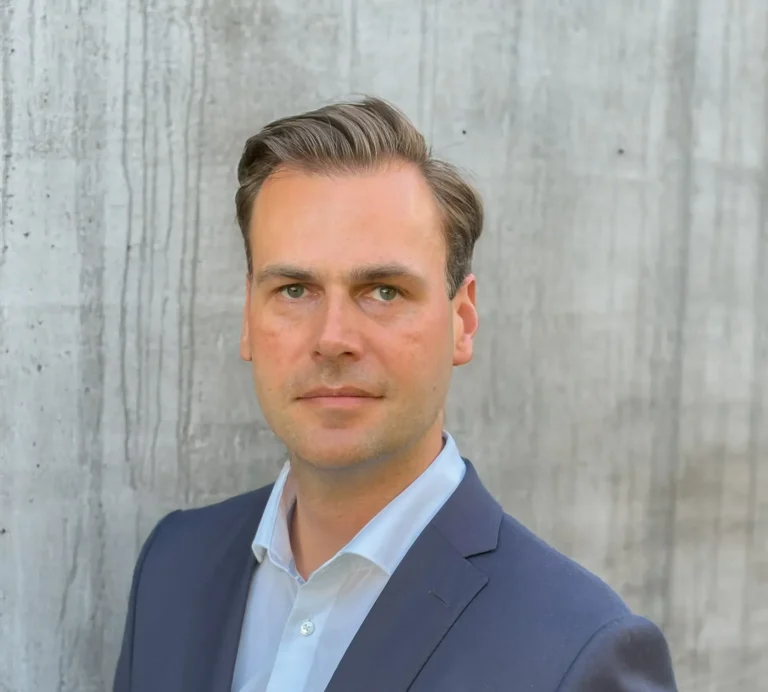

Suffolk, a leading real estate and construction powerhouse, recently convened a distinguished group of industry leaders in engineering, architecture, development, construction, and higher education for a roundtable discussion. The focus? The groundbreaking sustainable solutions implemented in the Boston University Center for Computing & Data Science project, now recognized as the largest fossil fuel-free building in New England.
This transformative endeavor reshaped Boston’s skyline, showcasing one of the city’s greenest constructions to date. Achieving this feat demanded innovative strategies, creative problem-solving, and seamless collaboration. Led by Suffolk’s Design Director of Sustainability, Mike Swenson, the discussion delved deep into the project’s intricacies, drawing insights from key stakeholders including Doug Russel from Vertex, Dennis Carlberg of Boston University, Frank Craemer of Suffolk, Chris Kenney of Vertex, Paolo Rocha of KPMB, and Joshua Michaud of BR+A.
The inclusivity of the event was paramount. Suffolk extended invitations across industries, facilitating participation either in person at its Boston headquarters or through a nationwide live-stream, fostering a coast-to-coast dialogue on fostering a more sustainable future.
The surge in client demand for sustainable building practices has been remarkable, exemplified by Boston University’s pledge to achieve a net-zero campus status by 2040. The Center for Computing and Data Sciences serves as a testament to meeting and exceeding these expectations, attaining LEED Platinum certification while navigating the complexities of a dense urban environment.
The project team encountered formidable challenges, notably the installation of 31 geothermal wells. These wells, delving a staggering 1,500 feet into the earth, harness its energy to regulate the building’s temperature, obviating the need for traditional gas lines or fossil fuel systems. Overcoming spatial constraints, many wells were strategically positioned beneath the structure. Innovative heat pump technology capitalizes on the earth’s natural temperature differentials, extracting warmth in winter and dissipating excess heat in summer.
Yet, this geothermal system is just one facet of the project’s comprehensive energy-efficient design. External sun shading devices, triple-glazed windows, advanced HVAC systems, and dedicated outside air heat recovery mechanisms further enhance sustainability measures.
Steven Burke, Suffolk’s Senior Director of Sustainability, lauded the project’s significance, remarking on its pivotal role in advancing sustainable construction practices. Suffolk’s commitment to redefining the American construction landscape culminated in the establishment of its Sustainability Group in 2023, helmed by Burke and Swenson. This dedication has garnered recognition, with Suffolk ranking among the top ten green contractors nationwide in Engineering News-Record (ENR) magazine’s prestigious list.
Suffolk’s impressive portfolio includes notable projects such as Boston’s Winthrop Center, distinguished as the largest office tower with Passive House designation in the nation, and the Dallas Fort Worth International Airport Electric Utility Plant (eCUP), a pioneering initiative in achieving carbon neutrality within the Americas’ largest airport.




